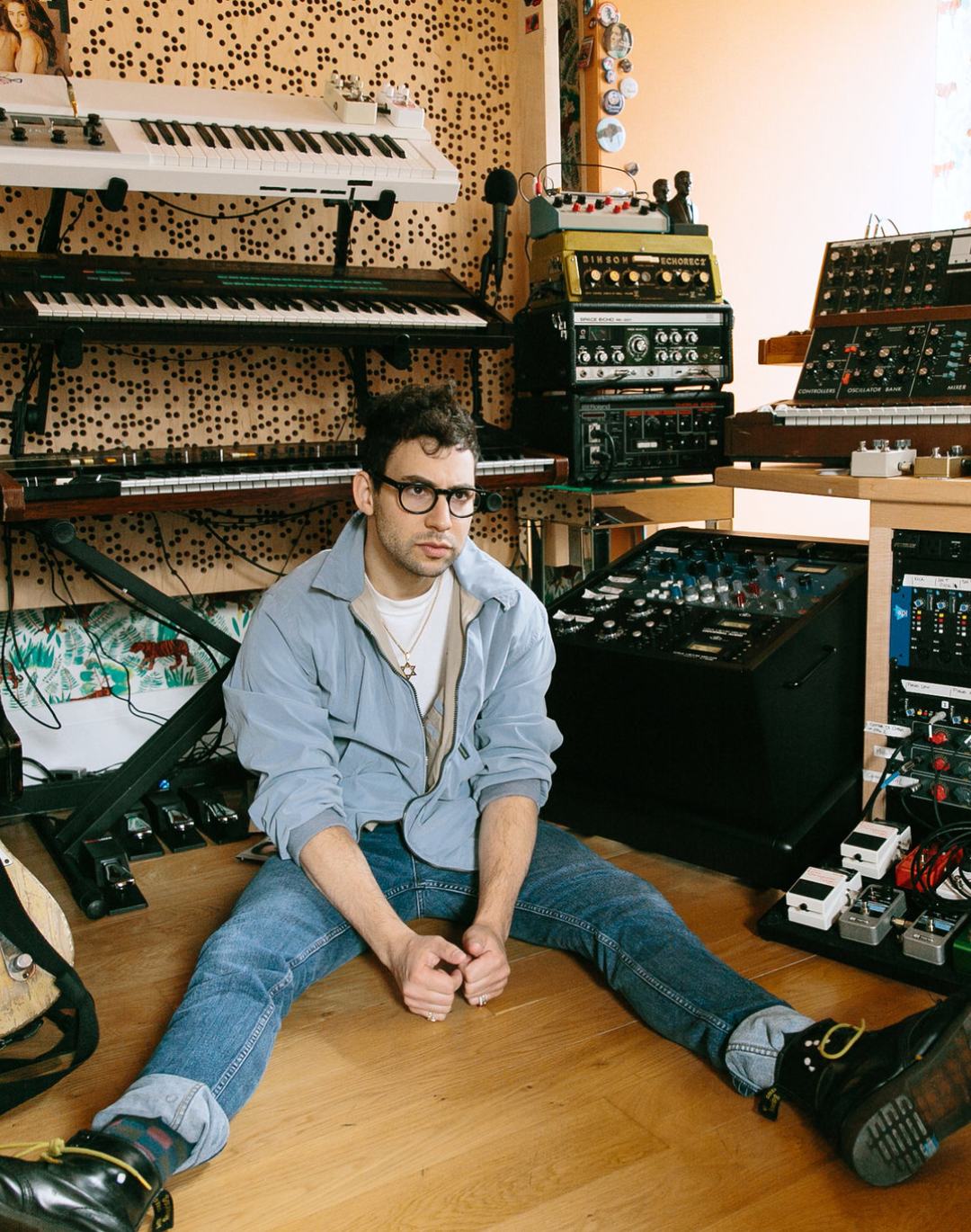
Who invites musical artists to the Cannes Festival? Surprisingly, Cannes doesn't have any soundtrack awards yet
Music plays a crucial role in the cinematic experience, adding an emotional and narrative dimension that deeply enriches a film's perception. Just imagine: the unbearable tension in Hitchcock's films without Bernard Herrmann's music, the epic of "Star Wars" devoid of John Williams' compositions, or the unique atmosphere of David Lynch's films without Angelo Badalamenti's themes. Unimaginable, isn't it? Yet, despite this undeniable importance, film music often remains in the background at major European film festivals, and the Cannes Film Festival is no exception. Cannes, where directors, screenwriters, and actors are celebrated with grandeur and pride, seems curiously amnesic when it comes to awarding the best film music. This anomaly is even more striking when compared with the recognition given by other major international ceremonies such as the Oscars, BAFTA, or Césars. As explained by Patrick Sigwalt, composer and chairman of the board of Sacem, "A prize at Cannes for us would be the end of an anomaly and the recognition of this work of collaboration that is cinema." For yes, the absence of such a prize only highlights a glaring imbalance in the valuation of artistic contributions within cinema. But then, who does invite the musical artists at the Cannes Film Festival?
The presence of film music composers often rests on the initiative of producers, brands, and partners rather than direct institutional recognition. This dynamic, criticized by Patrick Sigwalt, underscores a persistent marginalization. For example, Camille and Clément Ducol, composers of the music for the film Emilia Perez by Jacques Audiard, were invited this year thanks to their producers, illustrating how their recognition remains dependent on private initiatives. Many advocate for the creation of a prize rewarding film music in the Cannes awards, asserting that it would end an "anomaly" and fully recognize the essential role of composers in cinema. In response to this situation, the Sacem, an institutional partner of the festival since 2018, makes considerable efforts to valorize composers of music for images. It also collaborates with the Cannes selections to organize events and meetings throughout the year, thus promoting an early integration of music in the cinematic creation process. "When the screenwriter and director can integrate music early in the creation process, then these two mechanisms meet, and that's where all the magic of cinema operates," explains Sigwalt. Despite these commendable efforts, official recognition of composers at the Cannes Film Festival remains limited, and the establishment of a prize dedicated to the best film music would be an important step towards a more complete celebration of cinematic art.
Despite the few invitations of composers to the inner sanctum of the juries, their work is more often ignored than rewarded, creating a paradox where musical artists are invited to participate in the event, but their work does not receive true appreciation. An emblematic example of this unfortunate trend takes us back to 1964 at the Cannes Film Festival, where "The Umbrellas of Cherbourg" won the Palme d'Or. This film, directed by Jacques Demy, is famous for its musical score composed by Michel Legrand. Yet, during the award ceremony, only Jacques Demy was honored, leaving Michel Legrand in the shadow of official recognition. This lack of recognition for such a crucial element of the film clearly illustrates the need for a revision in the way film music is celebrated at this prestigious festival. In response to this gap, some unofficial initiatives have emerged to fill the void, such as the Cannes Soundtrack award, created on the sidelines of the Cannes Film Festival in 2012. This award aims to honor the best original soundtrack, thus offering a form of recognition to film music composers. Although commendable, this initiative does not suffice to meet the pressing need for formal and worthy recognition of film music within this temple of cinephilia.
Music has the unique ability to translate feelings, intensify scenes, and guide the viewer through a film's plot. As composer Patrick Sigwalt highlighted, "if the story of the film is understood by the brain, the music, it is understood by the heart." In other words, while dialogue and images speak to our intellect, music speaks directly to our emotions. Take the example of the film "Jaws" by Steven Spielberg. The music of John Williams has become iconic, notably through the famous two-note theme that heralds the presence of the shark. This simple yet terrifying musical motif creates palpable tension and prepares the audience for the imminent appearance of the creature. Spielberg himself stated that half the success of the film is due to John Williams' music. Or in "Psycho", the screeching violins of Herrmann during the shower scene have become one of the most recognizable and frightening musical passages in cinema history. Hitchcock also recognized its importance by stating that 33% of the effect of his work is due to the music. These examples wonderfully illustrate how music not only follows the images but becomes a character in its own right, influencing the perception and interpretation of scenes by the audience. So, when will the famous music prize be included in the official Cannes festival awards?















































